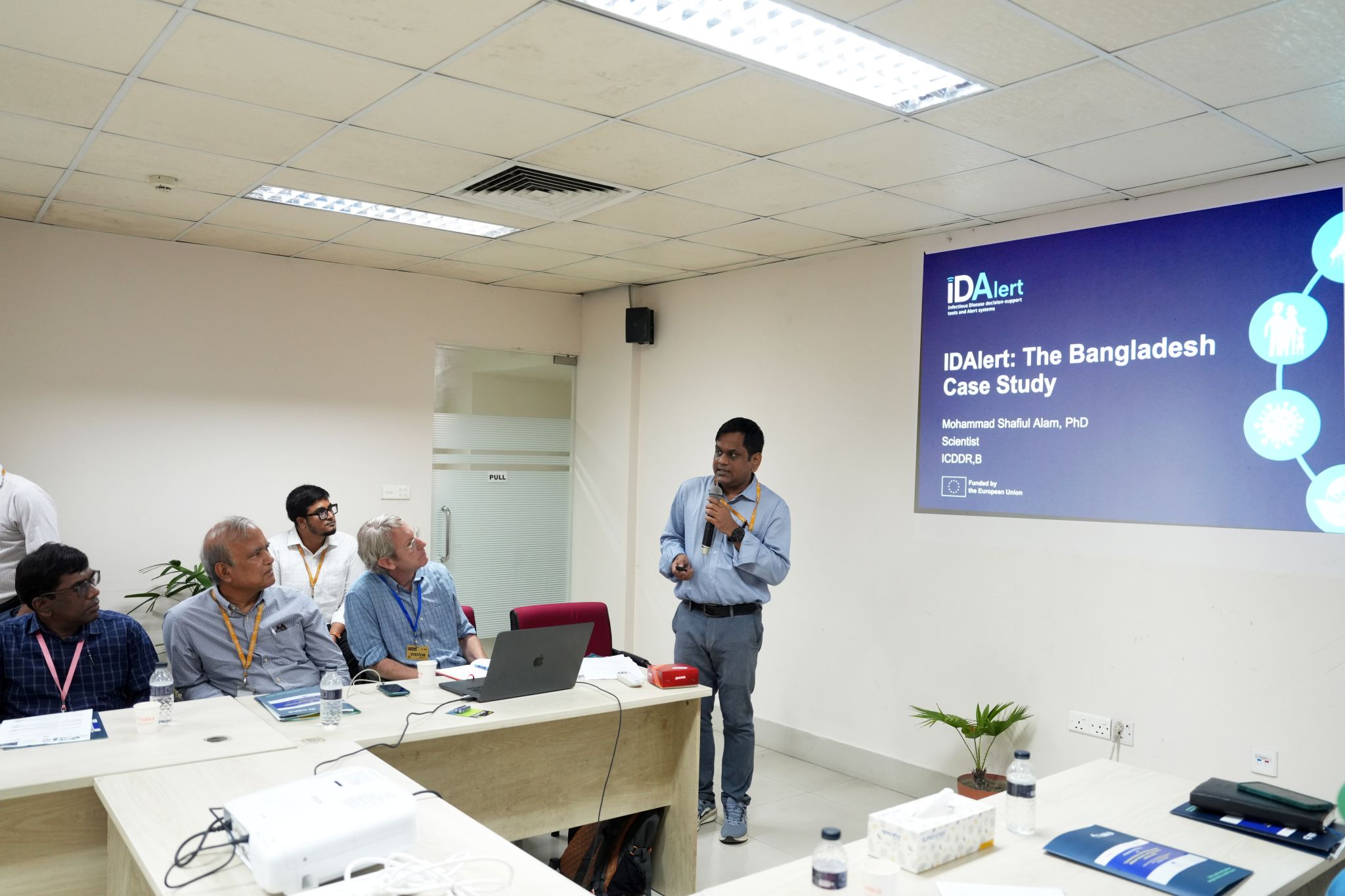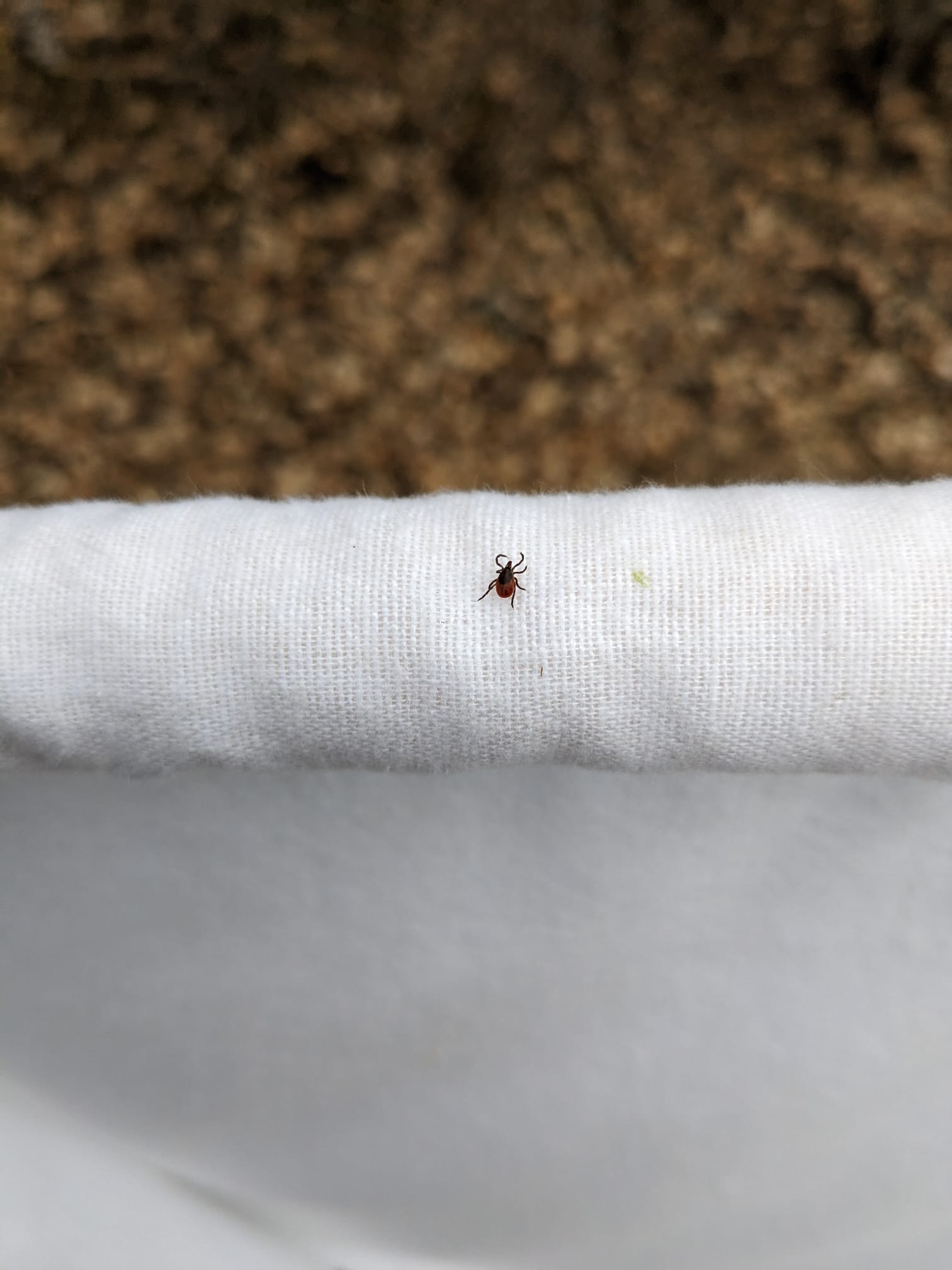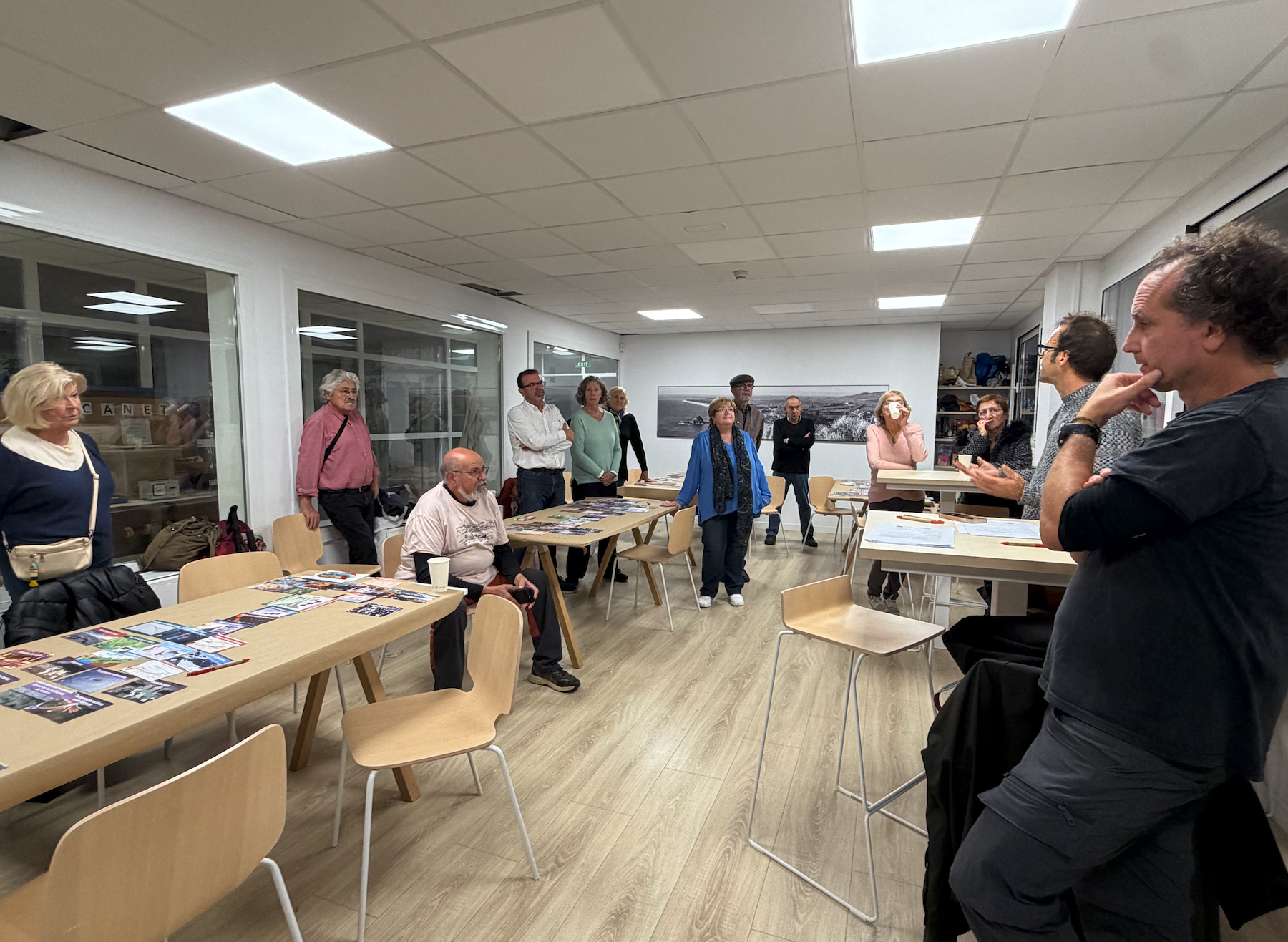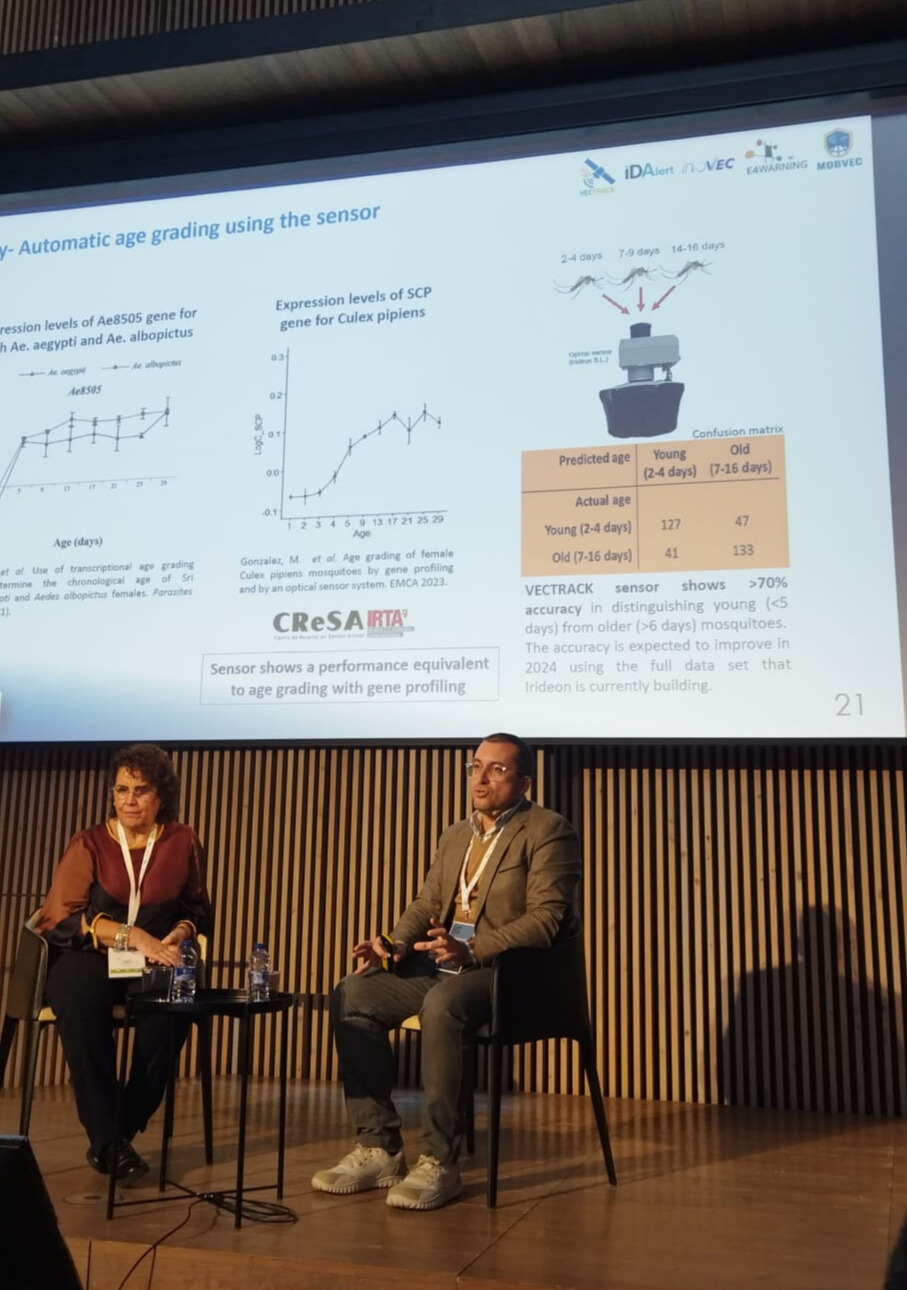Mosquito-borne diseases such as dengue and chikungunya pose significant and growing public health threats worldwide. To meet this challenge, the IDAlert project supports innovative tools and partnerships aimed at improving surveillance and control of these diseases.
One powerful tool in this fight is the Mosquito Alert app, a citizen science platform developed in Spain by the Blanes Center for Advanced Studies (CEAB), Catalan Institution for Research and Advanced Studies (ICREA), and Centre for Ecological Research and Forestry Applications (CREAF). By enabling ordinary citizens to report mosquito sightings and breeding sites through their smartphones, Mosquito Alert transforms daily mosquito encounters into valuable data for public health action.
Thanks to the collaboration of our partner, icddr,b, this app has now been introduced in Bangladesh and adapted for local use in Bangla. This deployment empowers communities in Bangladesh to directly participate in mosquito surveillance and control efforts, contributing to early warning systems and targeted interventions.
The Mosquito Alert app allows users to:
- Send reports of mosquito sightings, bites, and breeding sites, including photos and location data
- Help experts identify mosquito species through validated observations
- Access a public map showing confirmed mosquito reports in real time
This citizen-driven data supports policymakers and health authorities in identifying high-risk areas to better focus control measures. Recently, icddr,b organized a stakeholder meeting in Bangladesh, bringing together journalists and public health experts from leading institutions including DGHS, IEDCR, BRAC, IUPHSP, and Dhaka City Corporations, along with Universitat Pompeu Fabra (UPF) from Spain. The event focused on advancing the role of citizen science in vector control and surveillance.
Key presentations included a Bangladesh case study by Dr. Md Shafiul Alam (icddr,b) on mosquito species responsible for transmitting dengue, chikungunya, and Zika, and insights from Dr. John Palmer (UPF) on how the Mosquito Alert system has identified one-third of new municipalities affected by Aedes albopictus in Spain since 2014.
The meeting was honored by the presence of chief guest Abul Khair Mohammad Hafizullah Khan, Joint Secretary of LGD and Project Director of IUPHSP, and special guests Prof. Dr. Be-Nazir Ahmed, Ex-Line Director, CDC DGHS, and Prof. Dr. Tahmina Shirin, Director, IEDCR.
Their praise and commitment to the initiative underscore the importance of citizen-supported surveillance in tackling mosquito-borne diseases. This collaboration illustrates how IDAlert brings together science, public engagement, and international partnerships to build resilience against climate-sensitive infectious disease threats worldwide.





